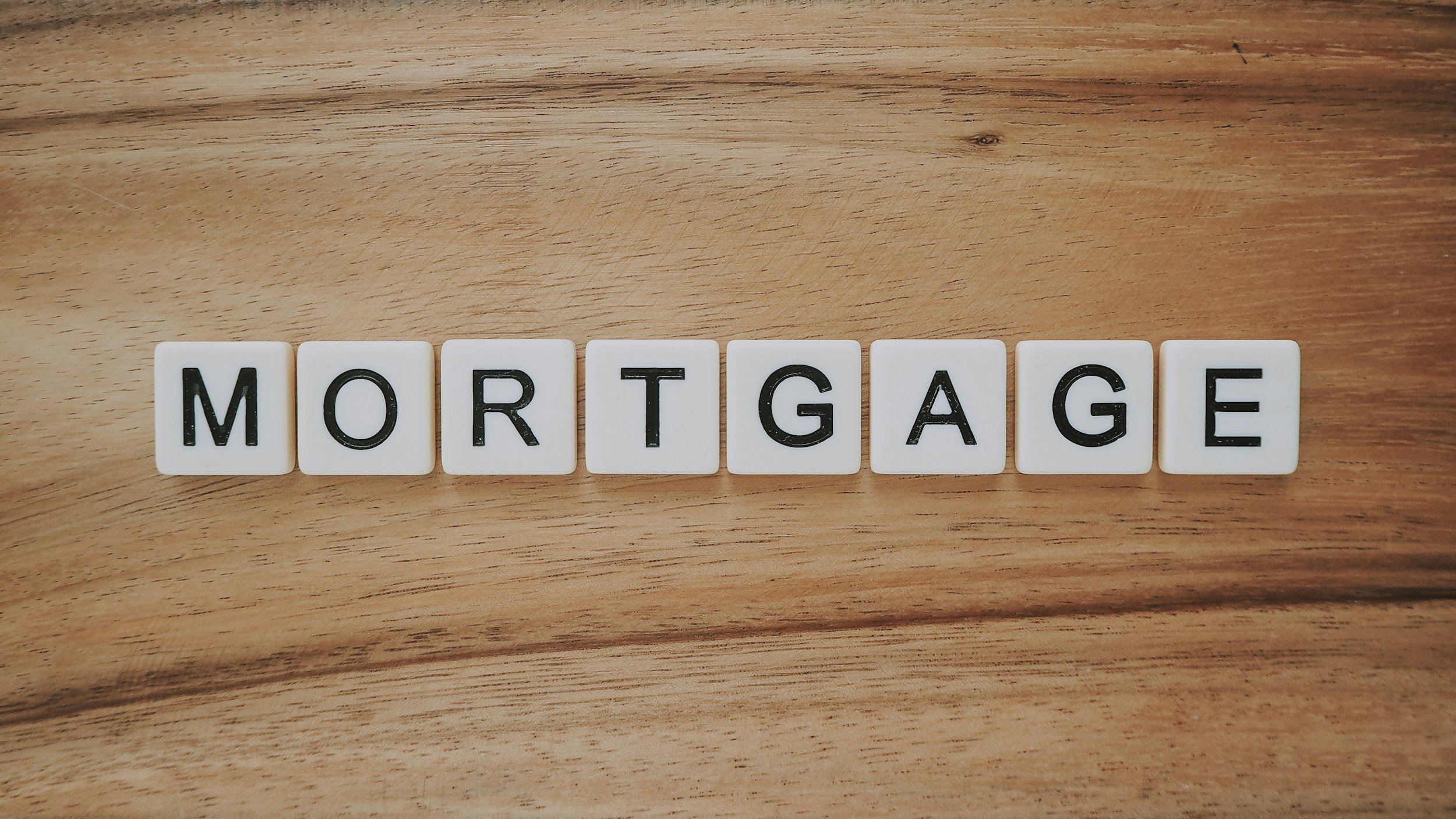Topics
- Accountants
- Apartments
- Auctions
- Bank Account Advice
- Bank Statement Tips
- Bitcoin
- Boarders
- Break Fees
- Budgeting Tips
- Building A Home
- Building Inspections
- Code of Compliance
- Compound Interest
- Construction
- Construction Mortgage
- Conveyancing
- Credit Cards and Lending
- Credit Limits and Lending
- Credit Reports
- Credit vs Student Loan
- Current Mortgage
- Deposit
- Deposit vs Income
- Divorce
- Financial Literacy
- Financial Preparation
- First Home Buyer
- Fixed vs Floating
- Flatmates
- Health and Finance
- Home Buyer
- Home Equity
- Home Safety
- Homeowner Tips
- Income Hurdles
- Inflation
- Interest Rates
- Joint Tenancy
- Kainga Ora First Home Loan
- KiwiSaver
- LIM Report
- Leasehold
- Lending Criteria
- Life Insurance Tips
- Loan Repayment Tips
- Loan-to-Value Ratio (LVR)
- Low Deposit Lending
- Member Tax Credit
- Mortgage Advice
- Mortgage Affordability

What Counts as Genuine Savings When Applying for a Mortgage?
Not all deposit money is created equal. When applying for a mortgage, banks often want to see that at least part of your deposit comes from genuine savings—money you’ve steadily put aside over time. But what counts as “genuine”? And how much do you actually need? In this article, we break down the types of savings banks love to see, which sources don’t qualify, and what to do if your deposit is mostly gifted or inherited. Understanding how genuine savings work can give you a stronger shot at mortgage approval—especially if you’ve got less than a 20% deposit.

The Bank of Mum and Dad: Helping First Home Buyers the Right Way
As the dream of homeownership drifts further out of reach for many first-time buyers, the ‘Bank of Mum and Dad’ has become an increasingly common – and crucial – source of support. But how families structure that help can have long-term implications. Here's what you need to know before gifting or lending money for a home deposit.

What’s the Minimum Deposit to Buy a House in NZ?
Wondering how much deposit you need to buy a house in New Zealand? Here's the 2025 guide to 5%, 10%, and 20% deposit options—and how to make yourself bank-ready.

When Do You Need a Registered Valuer’s Report When Purchasing a House?
A Registered Valuer’s Report is often essential when buying or building a home in New Zealand. Here’s when you might need one, what it involves, and why it’s different from other types of property estimates

What to Do if Your KiwiSaver Drops Before Buying Your First Home
You’ve found the perfect first home, but there’s a problem—your KiwiSaver has taken a hit due to a dip in the market. Suddenly, the deposit you were relying on isn’t quite enough. Don’t panic. Here’s what to do when your KiwiSaver drops in value just as you’re about to buy, and how to protect yourself with a smart strategy moving forward.

What happens if a Registered Valuation Report isn’t high enough?
A Registered Valuer’s Report is often a key part of getting a mortgage approved—especially when you’re borrowing more than 80%. But what happens if the report comes in lower than expected? In this blog, we explore the implications of a low valuation and how it affects your home-buying power.

Mortgage Deposit: Can I Take Out a Loan to Increase It?
Banks love to see savings discipline—but what if you’re just short of the deposit you need? Can you borrow the difference to hit your 10% or 20% mortgage deposit goal? We unpack whether loans, credit cards, or finance company top-ups are a smart (or even allowed) way to bridge the gap.
